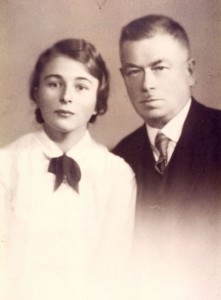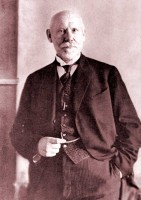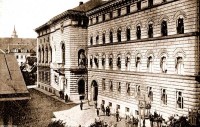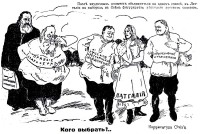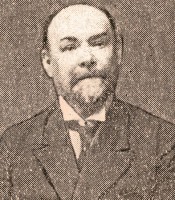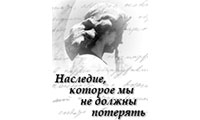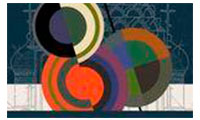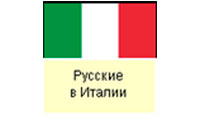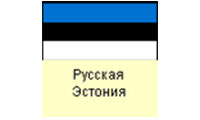Latvia Attains Independence
The First World War led to the emergence of a number of new states in Europe. The Republic of Latvia proclaimed its independence on 18 November 1918. The young state was multi-national. Alongside the Latvian majority were several noticeable national minorities – German, Jewish, Polish, Byelorussian and Russian.
In the 1920’s and 1930’s the Russian minority was the most numerous. Over 200,000 Russians lived in Latvia (up to 10% of the country’s population), 2 thirds of whom lived in the east of the country – in Latgalia. These were mainly land-poor peasants. Around 30,000 Russians lived in Riga, making up more than 7% of the population. In comparison with 1913 the number of Russians in Riga and throughout Latvia had on the whole decreased as a result of the mass evacuation during the First World War. However, the Russian community of Latvia was accompanied with refugees from Soviet Russia, who became an inalienable section of the local Russian cultural and scientific élite. Riga was one of the cultural centres for Russians abroad in the years between the wars.
Almost all Russians at that time were Latvian citizens. Russian was the second most widespread language after Latvian. Throughout the entire period of the parliamentary republic Russian and German could be used in parliament - the Saeima - as well as Latvian.
The young democracy was destroyed by the coup d’Etat on 15 May 1934. The constitution was suspended; the Saeima and the political parties were disbanded. The new regime arrested a lot of well known political activists, including one of the most popular Russian minority MPs – Melety Kallistratov. Officials of minority origin, including Russian, were squeezed out of public service. The minorities’ positions in economics and culture were endangered.
Юрий Абызов. Латвийская ветвь российской эмиграции
Юлия Александрова. Судьба царского генерала
Юлия Александрова. Забытые герои
Николай Кабанов. Чаксте и его команда
Димитрий Левицкий. О положении русских в независимой Латвии
Андрей Седых. Там, где была Россия
Татьяна Фейгмане. Русские в довоенной Латвии
Татьяна Фейгмане. Русские в политической жизни Латвии (1918-1940)
Татьяна Фейгмане. Депутаты-старообрядцы в латвийском Сейме
Выдержки из книги: Bernhard Lamey Die Minderheiten in Lettland. - Riga-Berlin, 1931
"Не придет ли за сильной властью власть несправедливая"
Related Articles
The Russian minority NGOs in the interwar Latvia Latvia
Russian minority and the economic life of interwar Latvia
Old Believers in Independent Latvia
Russian Minority Schools in Interwar Latvia
Russian press of the interwar Latvia
Russian Artists in the First Period of Independent Latvia
Annexation of Latvia to the USSR


